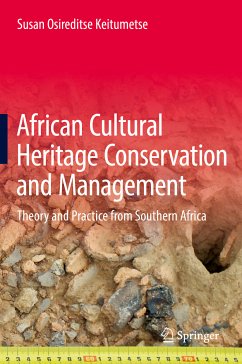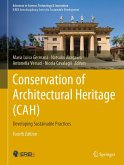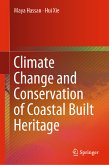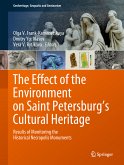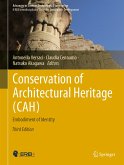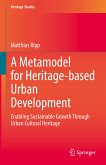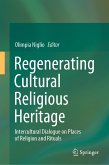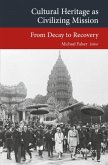For a long time, resource conservationists have viewed environmental conservation as synonymous with wilderness and wildlife resources only, oblivious to the contributions made by cultural and heritage resources. However, cultural heritage resources in many parts of the developing world are gradually becoming key in social (e.g. communities' identities and museums), economic (heritage tourism and eco-tourism), educational (curriculum development), civic (intergenerational awareness), and international resources management (e.g. UNESCO). In universities, African cultural heritage resources are facing a challenge of being brought into various academic discourses and syllabi in a rather reactive and/or haphazard approach, resulting in failure to fully address and research these resources' conservation needs to ensure that their use in multiple platforms and by various stakeholders is sustainable. This book seeks to place African cultural heritage studies and conservation practiceswithin an international and modern world discourse of conservation by presenting its varied themes and topics that are important for the development of the wider field of cultural heritage studies and management.
Dieser Download kann aus rechtlichen Gründen nur mit Rechnungsadresse in A, B, BG, CY, CZ, D, DK, EW, E, FIN, F, GR, HR, H, IRL, I, LT, L, LR, M, NL, PL, P, R, S, SLO, SK ausgeliefert werden.

